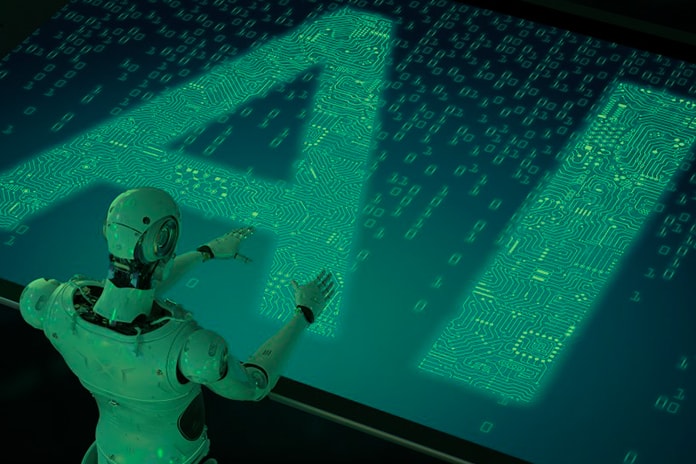Managers of the future will have to have new skills that allow them to optimize their work and coexist efficiently with intelligent machines.
This is what Euroforum assures in relation to the debate on how Artificial Intelligence and machines with learning capacity will change work processes and affect the positions of employees.
People holding management positions will have to learn and develop new skills that allow them to function efficiently in this new environment. To do this, those responsible for learning and talent development must help them by offering more and more importance to social skills and beginning to prioritize this type of learning in their companies.
In this case “soft skills or soft skills guarantee that human talent will continue to be indispensable in the future, no matter how much technology advances,” says Marcos Martinez, Director of the Euroforum Learning Area, especially in those non-automated processes that require the human mediation and in which the intelligence of the machines cannot replace the capacity of man, as is the case of decision-making in a social context.
Self-knowledge, self-motivation, emotion management, empathy, organization and planning, teamwork, creativity, virtual leadership, and critical thinking will be some of the soft skills that people will need to master in order to advance. professionally. They must also have supervisory, analytical and strategy development skills. The reason is that the data sources on which to base decisions will be more extensive and diverse.
Artificial Intelligence will help mechanical administrative tasks associated with management positions, such as analytical reports, be carried out more efficiently, impartially and profitably than if they were done by the managers themselves.
In these cases, “managers will have to contribute their analysis capabilities, experience and knowledge of the sector to develop proposals that give their companies a competitive advantage, thus using their skills to improve the business intelligence of their organization.
In this sense, it should be borne in mind that the use of technology must be a means, and not an end in itself, to facilitate the development of people, professionals, and organizations: we are talking about the digital transformation at the service of beings human.


